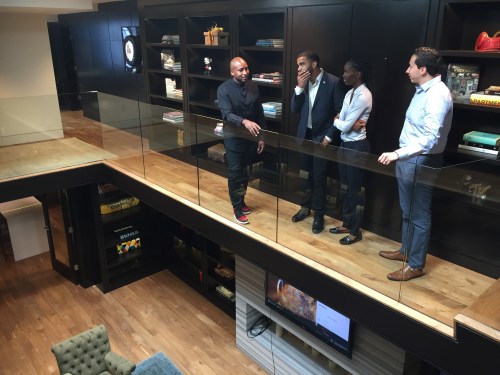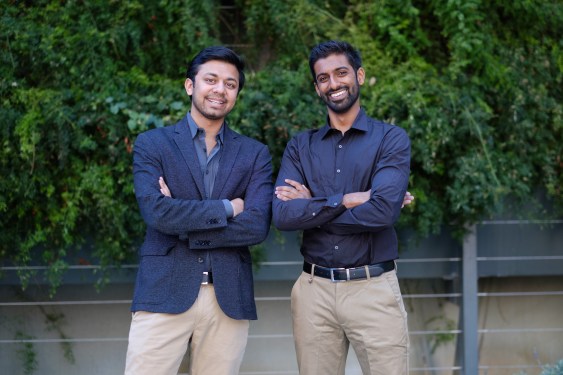The venture capital industry is often characterized as a white, male-dominated field. The numbers bear this out: only 2 percent of investment team members at VC firms identify as black, and just 1 percent identify as Latinx (National Venture Capital Association). This lack of diversity has far-reaching implications for the tech ecosystem. To address this issue, HBCU.vc is working to educate and empower students from historically black colleges and universities (HBCUs) in the fundamentals of venture capital and entrepreneurship.
The Problem with Diversity in Venture Capital
According to Hadiyah Mujhid, founder of HBCU.vc, the lack of diversity in VC has a profound impact on the overall tech ecosystem. "We haven’t seen racial diversity in venture capital," she notes, "and realize how it has a huge impact on the overall tech ecosystem." The problem is systemic: investors often invest within their own networks, which perpetuates a cycle of exclusivity that locks out people of color.
The Solution: HBCU.vc’s Program
To address this issue, HBCU.vc has developed a comprehensive program designed to educate and empower students from HBCUs in the fundamentals of venture capital and entrepreneurship. The program is remote-based, allowing students from across the country to participate. Students are paired with VC mentors, work as interns at a venture capital firm, and act as investors in their local college communities.
The Structure of the Program
The year-long program teaches students how to identify investment opportunities, conduct market research, and make real funding decisions. HBCU.vc’s mentors include experienced professionals from top VC firms such as Google Ventures, Kapor Capital, 500 Startups, and Venrock.
Mentorship is Key
Hadiyah Mujhid emphasizes the importance of mentorship in the program: "We want to empower them as mini VCs to support entrepreneurs." By pairing students with experienced mentors, HBCU.vc aims to provide students with the skills and knowledge they need to succeed in the venture capital industry.
The First Batch of Students
HBCU.vc’s first batch includes 11 students from three universities: Fisk, Florida A&M, and Prairie View A&M. These students were not required to have any prior experience in the startup and VC ecosystems; instead, Mujhid looked for "a natural curiosity and passion around learning the industry."
Internships and Hands-on Experience
For this academic school year, the students have internships at firms like Cross Culture Ventures, Indie.VC, Kapor Capital, and 500 Startups. Their internships entail doing a lot of the work an associate VC would do, including researching startups and trends, providing analysis, and bringing more startups into the firm’s portfolio.
Ambitious Goals
Down the road, HBCU.vc plans to expand its program to reach 100 associates. Next year, the organization aims to be at 12 universities with 40 students, followed by 20 universities with 100 students. The ultimate goal is to have a significant impact on the diversity of the VC industry.
Support and Funding
The program, which is totally free to students, is currently supported via a $100,000 grant from an organization that Mujhid was not able to disclose to me. HBCU.vc also relies on donations and partnerships with VC firms to continue its mission.
Conclusion
HBCU.vc’s ambitious mission is to address the lack of diversity in venture capital by educating and empowering students from historically black colleges and universities. By providing a comprehensive program that includes mentorship, internships, and hands-on experience, HBCU.vc aims to make a significant impact on the tech ecosystem.
Related Articles




